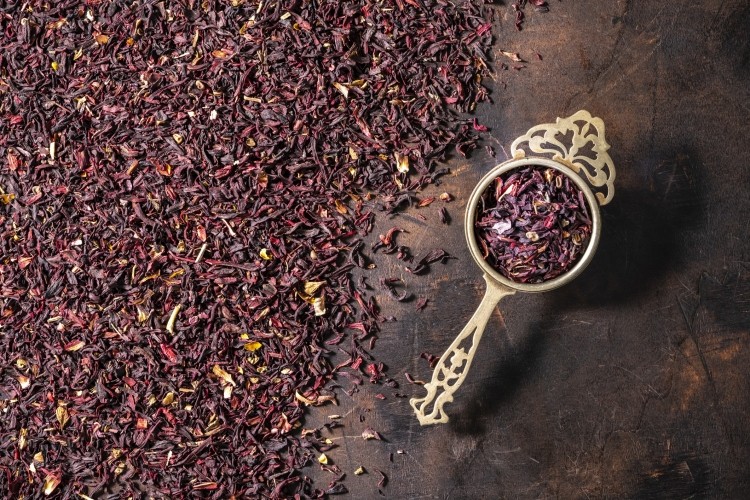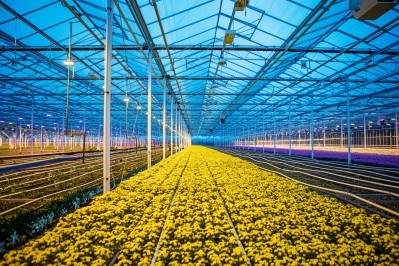Nuherbs to launch organic Mexican hibiscus growing partnership

“Most of the hibiscus on the market is from Sudan and Nigeria and is shipped from Africa to Egypt or Europe for further processing and then on to the US," said Nuherbs President Wilson Lau.
“The disruption of the past few years from unanticipated events was the motivation for building the supply chain for this product closer to home. This also profoundly lowers the carbon footprint of the product for our customers in the North American market.”
The California-based company will introduce the growing partnership and showcase its whole flower, liquid and powder extract hibiscus ingredients on Nov. 2-3 at the SupplySide West in Las Vegas. Lau will also participate in the trade show’s panel discussion “Supply chain strain causes business interruption” on Nov. 4.
Grown in Mexico
Nuherbs’ partner in Mexico has been working with local farmers, establishing best practices to meet the company’s stringent organic seal, sustainable sourcing and lab-tested standards.
“This aligns with what we have been doing for over 40 years in China where we emphasize great partnerships with people on site, so we have a firm pulse of what’s going on,” Lau said.
The project is in its first phase with the inaugural harvest currently underway and plans to ramp up over the next several years. While there is a slight shipping cost savings, moving sourcing to Mexico reduces supply chain risks, improves quality at field level and increases transparency and speed of delivery.
“For our customers that are focused on quality, sustainability and traceability, it will make a significant impact on their supply chain for this ingredient, the soil health and the people involved in our growing area,” Lau explained, adding that he hopes to announce vertical integration of another botanical next year.
Why hibiscus?
Nuherbs has worked with hibiscus periodically since its founding as a family herb store in Oakland’s Chinatown in 1979. Lau, who is third generation in the business, says that the variability of the hibiscus quality in China has prevented it from being a major item for the company.
This changed a few years ago when client Hibiscus Products used Nuherbs’ customized herbal extracts program to create PhytoHib 100, a carrier-free organic Hibiscus sabdariffa extract.
“We weren’t happy with the current state of the organic hibiscus supply chain, so we started to explore other options,” Lau explained, adding that the partnership with Hibiscus Products founder Terry Lack has been a “fantastic learning experience” about food science and hibiscus.
Interest in hibiscus as an extrasensory food and beverage ingredient has been growing as consumer curiosity trended towards florals and botanicals. Popular in Mexican cuisine and featured ingredient in the country's traditional “aguas frescas” beverage, hibiscus calyces were sold in the markets of Guadalajara as far back as 1899.
As a rich source of vitamins, polysaccharides, organic acids, phenolic acids and flavonoids, the botanical has also been used in traditional medicine across continents and meets the modern demand for functional ingredients.
Supply chain strain
Regarding supply chain issues, Lau says that they have not abated but have evolved from container shortages to clogged ports to now energy cost.
“Challenges are always evolving, and I anticipate that supply-chain will remain part of our lexicon, whereas, in the past, it was a place where experts ventured,” he added.
“I think the major issues now are currency, geo-political issues, and energy availability and input costs. We’re also likely to see impacts from climate change-related severe weather incidents.”
And, his advice to companies: worry about their footprint and how geopolitics and the energy crisis will or will not impact them; consider how the transition from “just-in-time inventory” to models like “just-in-case” impact company resources.
















